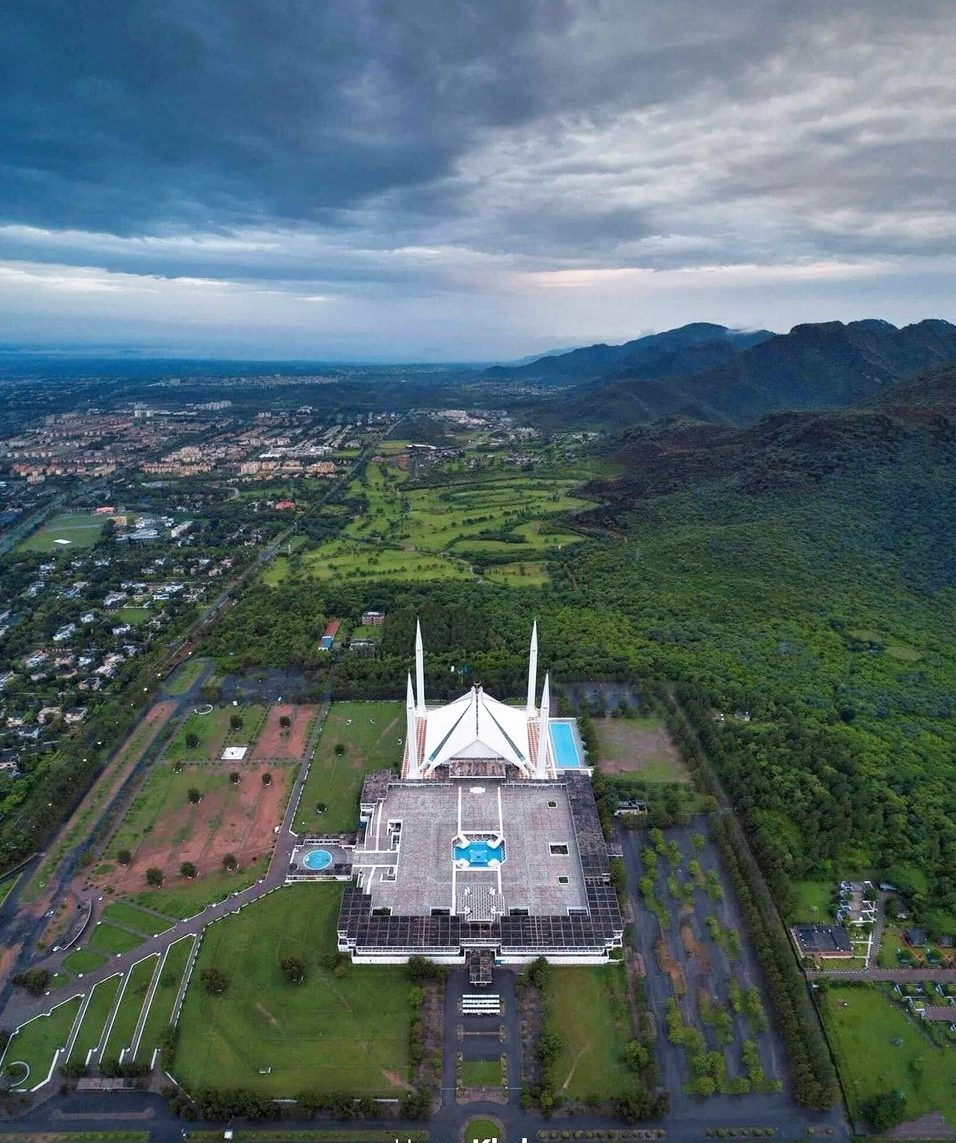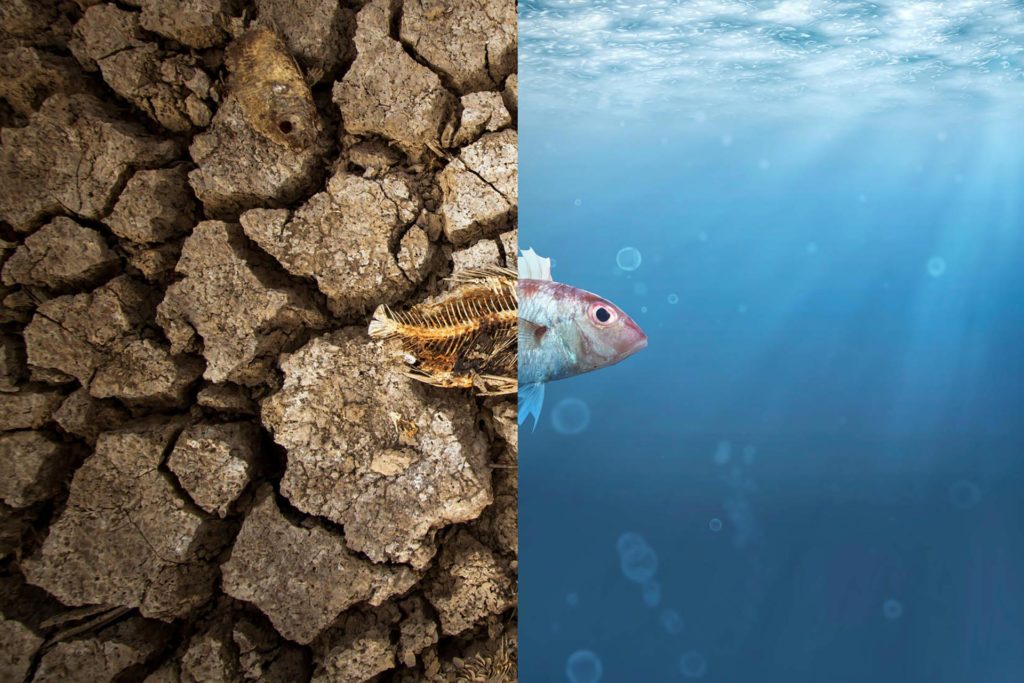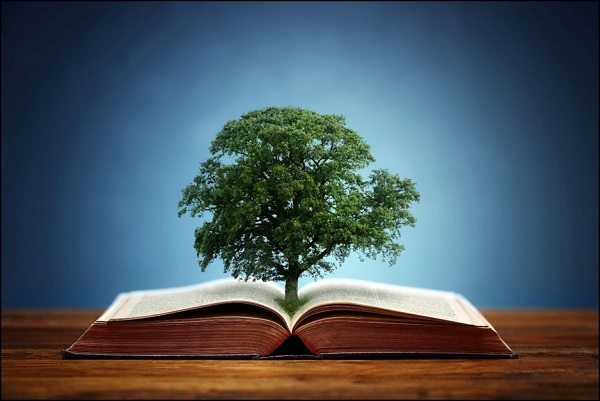1. BACKGROUND
1.1 World Environment Day (WED) is held every year on 05 June under the auspicious of United Nation Environment Program (UNEP) at global level. The aim of WED is to promote mass awareness for environmental protection and prevent stress and strain on the environment. One theme is assigned for each year, for 2021 it is eco-system restoration.
1.2 WED was first held in 1974 and one country is selected to conduct the official event. This year Pakistan has been declared as the host country. Pakistan has planned to highlight its environmental initiatives and its contribution towards environmental preservation in the global scenario.
1.3 Definitions
1.3.1 Environment
It implies external abiotic and biotech symptoms, conditions and influences that affect the life, development and survival of an organism or a community.
1.3.2 Eco-system
It is the specific biological community and its physical environments that interact in an exchange of matter & energy. It functions on the principles of nutrients cycles, solar energy as prime mover and prevention of overgrazing.
2. ENVIRONMENTALISM IN PAKISTAN
Environmentalism is taken seriously in Pakistan. In the 1973 Constitution a pathology department was introduced in the concerned list, in 1983 the Pakistan Environment Protection Ordinance was promulgated while the Pakistan Environment Protection Act was passed in December 1997. In addition many rules and regulations were issued. Under the 18th Amendment environment was delegated to two provinces. Environmental tribunals are working in the provinces and environmental assessment studies of projects are being implemented.
3. CURRENT STATUS OF ENVIRONMENT IN PAKISTAN
3.1 The present government led by Prime Minister Imran Khan is environment friendly. It has taken significant steps for environment protection and mitigating the adverse impact of climate change. It has raised its voice in every forum for preventing ecological decay at global, regional, national and provincial level. It has controlled timber mafia that was involved in large scale deforestation in the country. This government has already planted 1 billion trees in KPK province and has encouraged eco-tourism all over the country including religious and coastal tourism. Tourism resorts are being established at fastest speeds.
3.2 The recent initiative to host WED 2012 is a matter of honour for Pakistan, this indicates recognition of our environmental efforts at the global level. The Ministry of Climate Change deserves special recognition for planning and implementing projects to prevent impact of global warming. Pakistan being the seventh worst affected country in the world, these actions will contribute its share towards the BONN challenge. Some steps taken by government are mentioned below:
3.2.1 Afforestation
The Government of Pakistan has planned a unique tree ‘tsunami’ of planting a billion trees spread over 5 years which will restore over 1 billion hectares of land.
3.2.2 Protected Areas
Pakistan has launched the Protected Area Initiative to develop 15 model protected areas across the country to conserve over 7300 sq km of land area. This will create over 5,500 green jobs
3.2.3 Impediments
The ever growing population and ill management of natural resources.
3.2.4 Collaboration with UNDP, UNEP and Others
A number of environment friendly projects are being implemented for restoration and allotment of different systems and industry and businesses are being greened. Generating Global Environmental Benefit (GGEB) program between MOCC and UNDP is an example.
4. ECO SYSTEM MANAGEMENT IN ISLAM
4.1 General
Islam is the first and final Divine religion. Environmental acumen is given in The Holy Quran as well as beautiful sayings, Traditions and Deeds of The Holy Prophet (Peace and Blessing of Allah be upon him). The Holy book contains wholesome environmental practices. While Shariyah demonstrates the practical aspects, Islamic environmental ethics cover all life cycles, in short Islam is the champion of cleaner, greener, safer, secure and a healthier Planet Earth.
4.2 Eco-System Responsibility
Human beings have been appointed the vicegerent or Khalifa of Almighty Allah (SWT) on mother Earth. Man has been asked to look after not only his own race but also all other biotic and non-biotic entities occupying earth. These are all part of the Divine family. Any disturbance to the ecosystem is considered to be mischief (fasad) which is not tolerated by Almighty Allah (SWT). Eco-systems are global, region, national, provincial and local, they may be large or small in dimension and can be forest land, aquatic, terrestrial, marine, oceanic, riverine, delta, rangeland, glacier, coastal, mountainous, etc. Different species occupy different eco-systems and each eco-system has peculiar environmental characteristics, productivity and carrying capacity. Their restoration, augmentation, protection and enhancement is the sole responsibility of man.
4.3 Islamic Principles and Practices
In the following we will discuss Islamic Principles and Practices for management of some eco-systems:
4.3.1 Terrestrial Eco-system
Landscapes are urban, rural, open, covered, barren, cultivated, non-cultivated etc.
1. Earth is a natural resource.
2. It sustains a variety of life. Its sustainability prevents degradation and instability of the eco-system.
3. Productive and non-productive soils are mentioned in The Holy book. Land erosion and soil pollution affect the stability of eco-systems. The Holy Prophet (Peace and blessing of Allah be upon him) said that cultivation of waste barren land that does not belong to anybody becomes ownership right of developer.
4.3.2 Aquatic eco-system
- Water is a natural resource. The Holy book mentions water, clouds and rains many times. Water wastage is not allowed.
- Some Sayings, Traditions and Deeds of The Holy Prophet (Peace and Blessing of Allah be upon him).
- All Muslims are partners in three things i.e. water, grass and fire
- Holding and wastage of water is not allowed
- Urination in stagnant water and then taking bath in it is not allowed
- Withholding of surplus water may prevent people from grazing their cattle

4.3.3 Biodiversity
- Biome is a large naturally occurring community of flora and fauna occupying major habitats like forests. It is a large community of vegetation and wild life adopted to a specific climate.
- There is strong relationship among Islam, human beings and bio-diversity. Flora, fauna and wild life have been mentioned in The Holy book and Shariah. Plants and animals are seen in Islamic thought, culture, literature and civilization.
- Islam and flora.
- Trees, plants, gardens, orchards and paradise have been mentioned in The Holy Book. The word tree has been revealed 26 times while the paradise and gardens have been appended 146 times. Almighty Allah (SWT) has sworn by the olive tree.
- Flora are not allowed to be destroyed even during war.
- Some Beautiful Sayings, Traditions and Deeds of The Holy Prophet (Peace and Blessing of Allah be upon him.
Planting a tree is charity. It has reward
Removing a harmful tree from the root enables a person to enter paradise
Declaration of MADINAH AL MUNAWARA as sanctuary
- Islam and Fauna
- The Holy Book says that animals have also community. Many birds, animals and insects have been mentioned in The Holy Book. Benefits of animals are given in detail in the Quran.
- Beautiful Sayings, Traditions and Deeds of The Holy Prophet (Peace and Blessing of Allah be upon him).
– Recreational hunting and shooting is prohibited
– Do not maim poor beast
– Be merciful to animals
– Feed them and properly and allow rest
– Follow goodness in killing and slaughtering animal
4.3.4 Climate change
The Holy Book has mentioned causes and impacts of climate change.
- Phenomena of climate change has been occurring since ages. It has been very severe because of following reasons:
- Population pressure
- Increasing population
- Loss of forest cover
- Growing emission of green house gases
- Misuse of natural resources
- Divine revenge
- Impacts
- Proliferation of epidemics, endemics and pandemics
- Reduced agricultural and animal yields
- Destruction of deltaic regions
- Enhancement of desertification
- Damage to eco-systems
- Loss of biodiversity
- Destruction of natural habitats
- Disturbance of water-energy-food-environment nexus
- The Holy book has mentioned causes and impacts of climate change as under:
- Drought, plague and crop failure for the people of PHARAOH
- Drought during time of The Holy Prophet Yousaf (May Allah peace be upon him)
- Divine signs of flood, locust, lice and blood
4.3.5 Clean, Green, Healthier, Safer Secure and population sectors
- Islam encourages proper town planning and sizes of cities and towns
- Mosque should be developed as educational and social centers
4.3.6 Destruction of Eco-system
Eco-systems are destroyed by natural causes life flood, earthquakes, landslides, wild fires, climate change, etc.
- Human induced causes of nuclear bombing, gun fire use of explosives, chemicals etc.
4.3.7 Sustainable utilization of Natural Resource
Almighty Allah (SWT) has gifted natural resources like solar energy, wind energy, solar system, forest, flora, fauna and many more at disposal of human beings. They are required to use them sustainably. They should not indulge in extravagance (ISRAF and TABZIR) and destruction (ITLAF).

5. CONCLUSION
5.1 In the above discourse a few aspects have been covered for restoration and maintenance of eco-system.
5.2 WED 2021 renders an excellent opportunity for Pakistan to exhibit its concerns for environmental preservation as a leading Islamic country. It must present workable solution of management environment, ecology, climate change and eco-system raised on principles of scientific, engineering, health, social acceptance, economic viability, sustainability and Islamic injunctions.
5.3 Interfaith dialogue among IBRAHIMI religion for enhancement of ecologic and peace processes must be undertaken immediately.
5.4 Peaceful co-existence is the key for successful management of eco-system on the planet earth.
BIBLIOGRAPHY
1. Global Voices
2. Google Search
3. Hussain, M., Environmental Degradation=Realities and Remedies, Ferozsons (Pvt) Ltd, Lahore (Pakistan), 1998
4. Hussain, M., Book Islam and Environment, Unpublished
5. Hussain, M., (2021), Islam and Environment, Vol-I & II, The Environ Publications, Lahore (Pakistan)
6. Informed Comments
7. MNT Newsletter
8. National Geographic
9. NDMA Pakistan Briefings
10. The Environ Monitor
11. TV Channels (BBC, Al-Jazira, Pakistan TV etc.)
12. Washington Daily Briefing
13. WHO Briefings and Media




